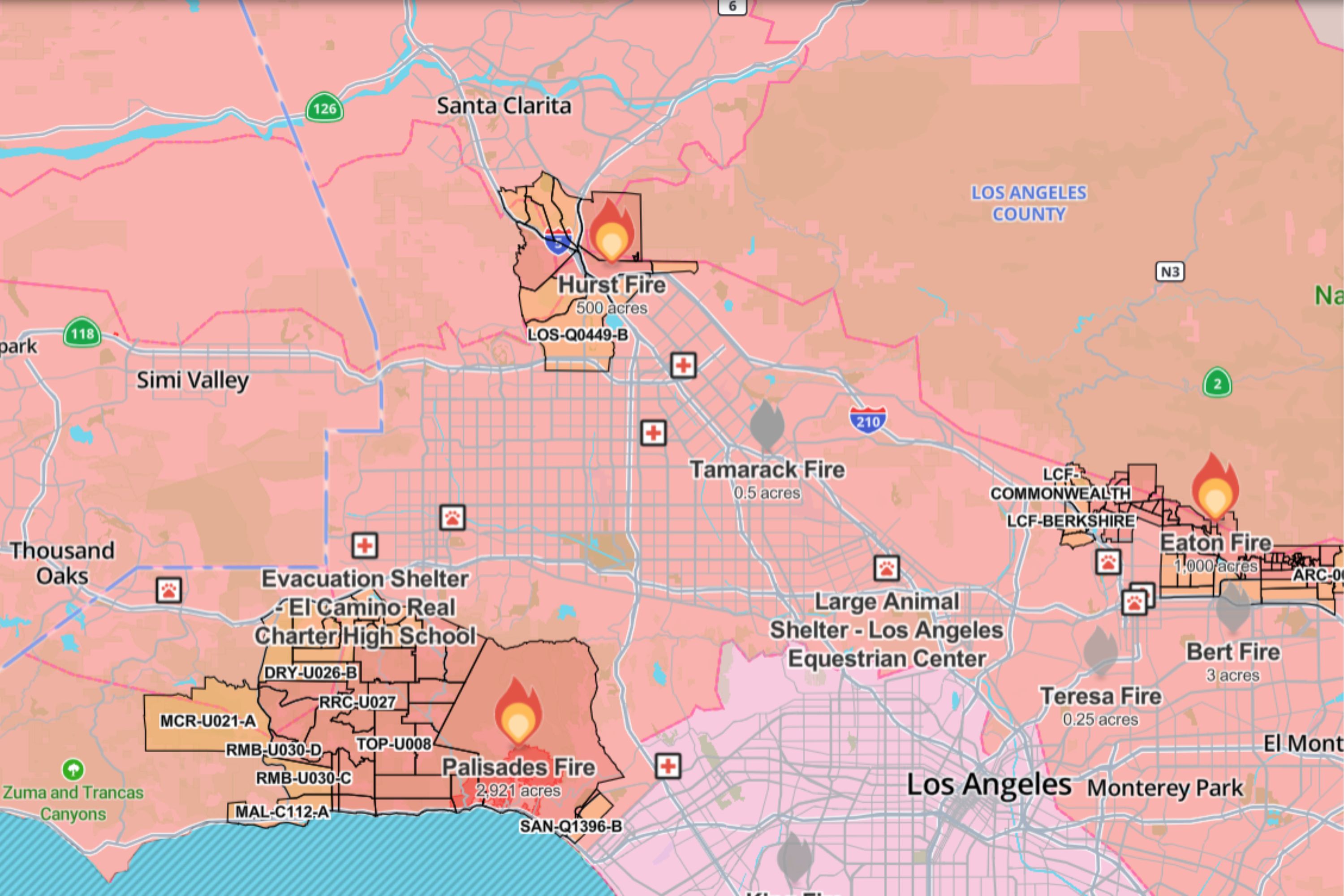Bird flu can be contracted from eggs but the risk to Americans is very low, according to a risk assessment from the U.S. Department of Agriculture (USDA).
Highly pathogenic avian influenza A (H5N1), otherwise known as bird flu, has infected 66 people and a possible seven more in the current U.S. outbreak, according to the U.S. Centers for Disease Control and Prevention (CDC).
The Louisiana Department of Health confirmed yesterday that the U.S.'s first serious human case of bird flu resulted in that person's death.
Is It Possible to Contract Bird Flu From Eating Eggs?
It is possible to contract bird flu from eating eggs laid by infected hens—but the actual risk to the public of getting bird flu from eggs is low.
In its current form, bird flu infects humans through spillover infections, meaning we catch the virus only after exposure to infected species.
In the U.S., bird flu is circulating among wild birds, dairy cows and poultry, so people can become infected with the virus after touching these animals, touching their saliva or fecal matter, or inhaling contaminated droplets in the air nearby.
It is possible for the virus to get into the food chain. Unpasteurized, raw milk has previously been recalled after it tested positive for bird flu.
Health agencies such as the CDC recommend only drinking milk that had been pasteurized, as the process of pasteurization kills any bird flu that might be present.

A 2010 risk assessment on the safety of poultry, eggs and egg products by the USDA—in collaboration with the Human Health Services and Food and Drug Administration—estimated that more than 95 percent of eggs contaminated with bird flu would never make it to shelves.
It also found that pasteurized eggs—which are available in some U.S. grocery stores—would only contain inactive forms of the virus, so they were safe to consume, and that cooking eggs properly was sufficient to inactivate the virus in unpasteurized eggs.
The risk assessment concluded that a small quantity of bird flu-contaminated eggs could enter stores, but that they posed "a negligible risk if properly cooked."
How To Eat Eggs Safely
Eggs cooked to the recommendations of the USDA's Food Safety and Inspection Service (FSIS) should not contain active forms of bird flu.
FSIS recommends that eggs should be cooked until both the white and yolk are firm. It also advises that eggs be kept in the refrigerator and not left out for more than two hours.
If eggs are used in casseroles and similar dishes, they should be cooked to a safe minimum internal temperature of 160°F, says FSIS.
Dishes containing cooked eggs should be eaten immediately after cooking or quickly cooled and refrigerated and then eaten within three to four days.
Do you have a tip on a food story that Newsweek should be covering? Is there a nutrition concern that's worrying you? Let us know via science@newsweek.com. We can ask experts for advice, and your story could be featured in Newsweek.




















 English (US) ·
English (US) ·